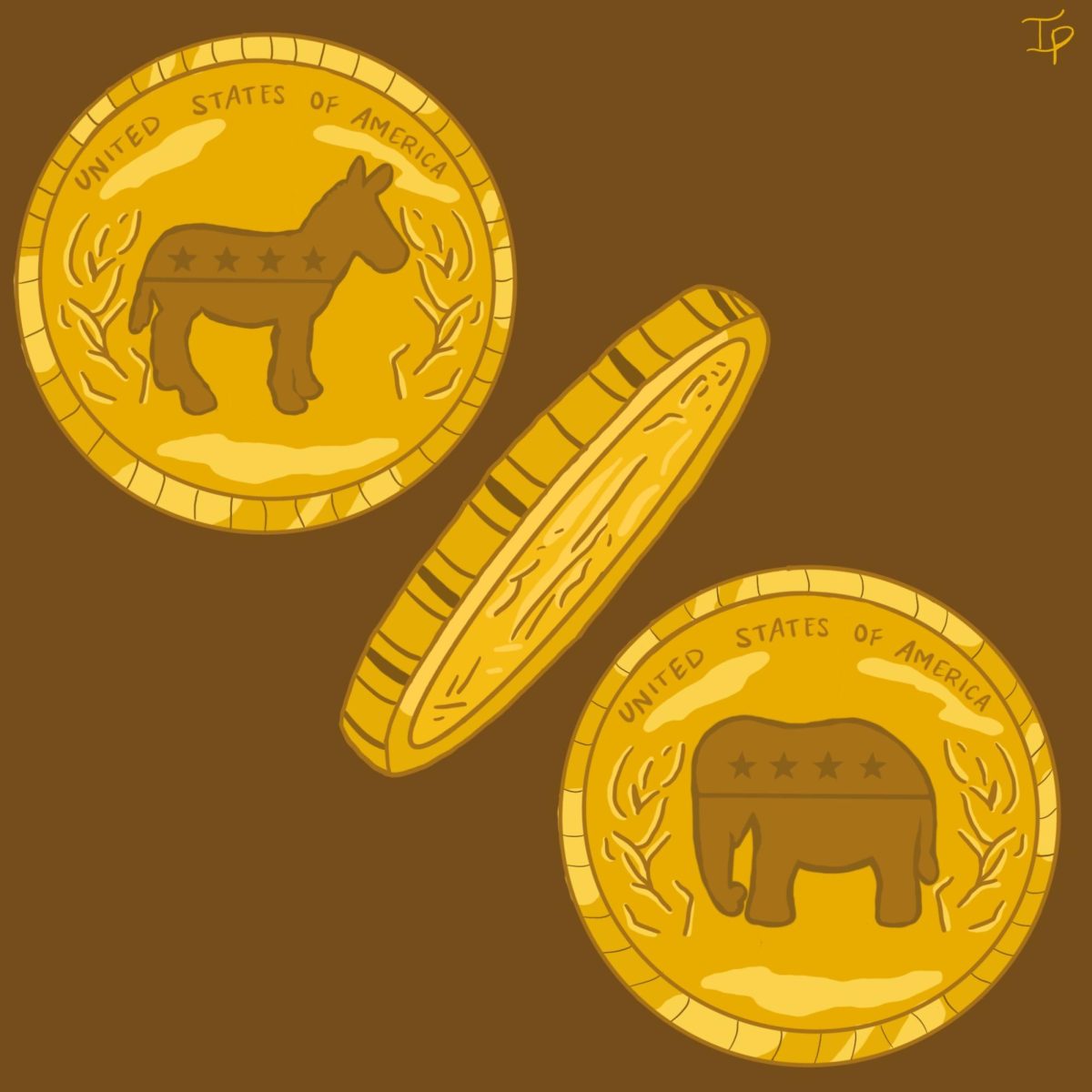Heisman Trophy should be awarded to the most outstanding player, not team
January 7, 2004
NEW YORK – All season long, it seemed like Larry Fitzgerald was a long shot to win the… NEW YORK – All season long, it seemed like Larry Fitzgerald was a long shot to win the Heisman Trophy, and the reasons were repeated over and over again.
Only three wide receivers have ever taken home the most prestigious award in college football, and they all returned punts as well. And of the 68 previous winners, none was a sophomore.
But in the end, it wasn’t either of those that kept Fitzgerald from becoming just the second Panther to win the trophy. The problem was his team.
Not since 1987, when Tim Brown – one of those three receivers, by the way – won the Heisman with an 8-4 Notre Dame squad had a player from a team with more than three losses won the award.
While it doesn’t seem right that the performance of a player’s team would hurt his chance of being considered the best player in college football, the requirements for the Heisman don’t state that it shouldn’t be taken into consideration.
In fact, the only criterion that Heisman voters are given is to vote for the “most outstanding player in college football.”
What determines outstanding? Is it a player’s athletic ability that makes him outstanding, or is it the numbers he puts up? Is it even just that one player’s performance all season, or is it combined with his team’s performance, too?
In this case, it’s the player and his team.
Both Jason White and Fitzgerald, who finished second by 128 points, put up phenomenal numbers on the season. But Oklahoma went undefeated most of the year and played for a piece of the national championship, while Pitt got an invite to the Tire Bowl.
Consider that, of the four finalists, Fitzgerald was the only one from a team that ended the season unranked and was not going to play in a major bowl game. Strike one.
The fact that the Panthers lost four games hurt Fitzgerald’s chances. Strike two.
The teams that Pitt lost to hurt Fitzgerald even more. Losing on the road to Toledo and at home to Notre Dame were games the Panthers should have won, and the fact that Fitzgerald had his worst game in Pitt’s biggest contest ensured that he wouldn’t win. Strike three.
The loss to Miami, in which Fitzgerald caught just three passes for 26 yards, swung the voters toward White. At the time, Oklahoma was the best team in the country and looked unbeatable. Of the ballots that were turned after that game, 40 percent of the points went to White, while Fitzgerald received a little more than 25 percent.
Why is the performance of the team as a whole so important? Usually, if a team has a player who is that good, the team is just as good. But sometimes that doesn’t happen. One player can’t do it all, especially in football.
Oklahoma had plenty of playmakers, which is why it had so many players win individual awards at their positions. Due to its lack of a steady running game and a defense that could tackle, Fitzgerald often carried Pitt on his young back.
The fact that he had to do it all should have added to Fitzgerald’s chances of winning the Heisman, not hurt him. But as long as the criterion for the trophy is just “outstanding player,” it will be almost impossible for a great player from a mediocre team to get the little bronze guy.
Joe Marchilena is the sports editor for The Pitt News.


